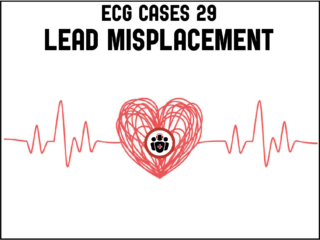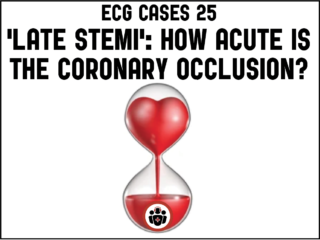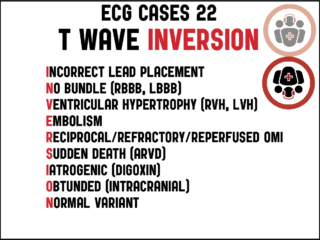ECG cases is a monthly blog by Jesse McLaren (@ECGcases), a Toronto emergency physician with an interest in emergency cardiology quality improvement and education. Each post features a number of ECGs related to a particular theme or diagnosis (with a focus on acute coronary occlusion), so you can test your interpretation skills. We challenge you with missed or delayed diagnosis, those with false positive diagnosis, and those that had a rapid and correct diagnosis. Cases are followed by a quick summary of the literature that relates to the cases, and we bring it home with practice changing pearls that you can use on your next shift.
ECG Cases 29 Misdiagnosis from Lead Misplacement, Artifact and Lead Reversal
In this ECG Cases blog we review 10 cases of possible artifact, lead reversal and lead misplacement. Can you spot the abnormalities and avoid the misdiagnosis?...










